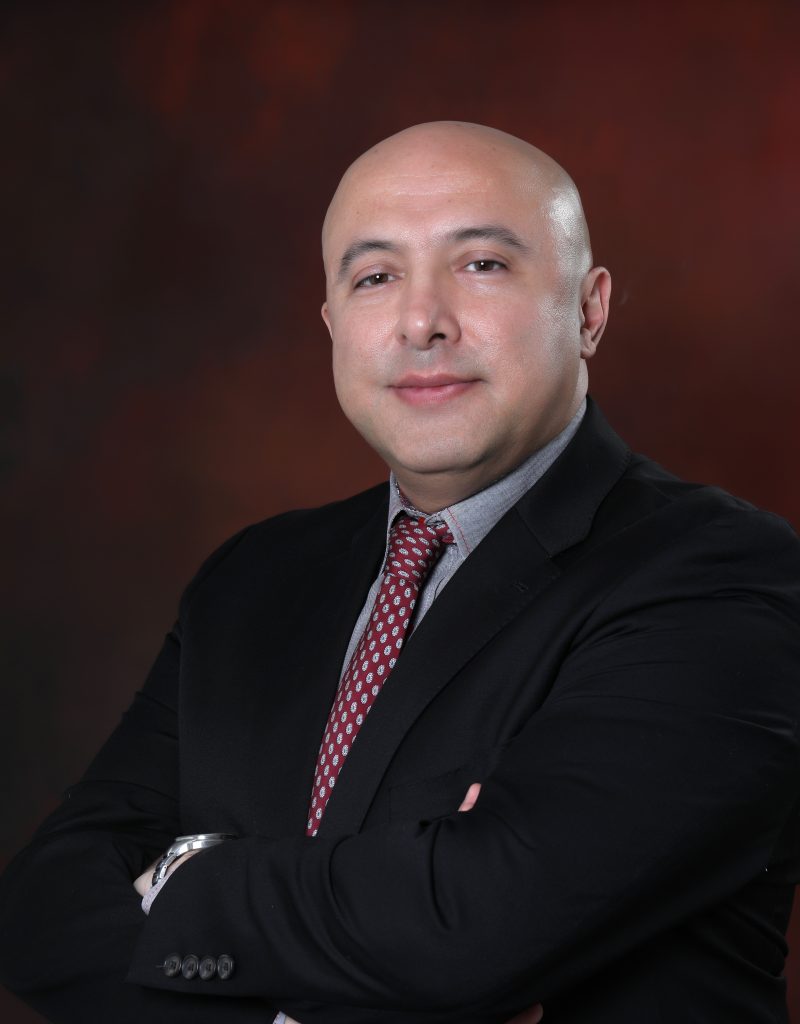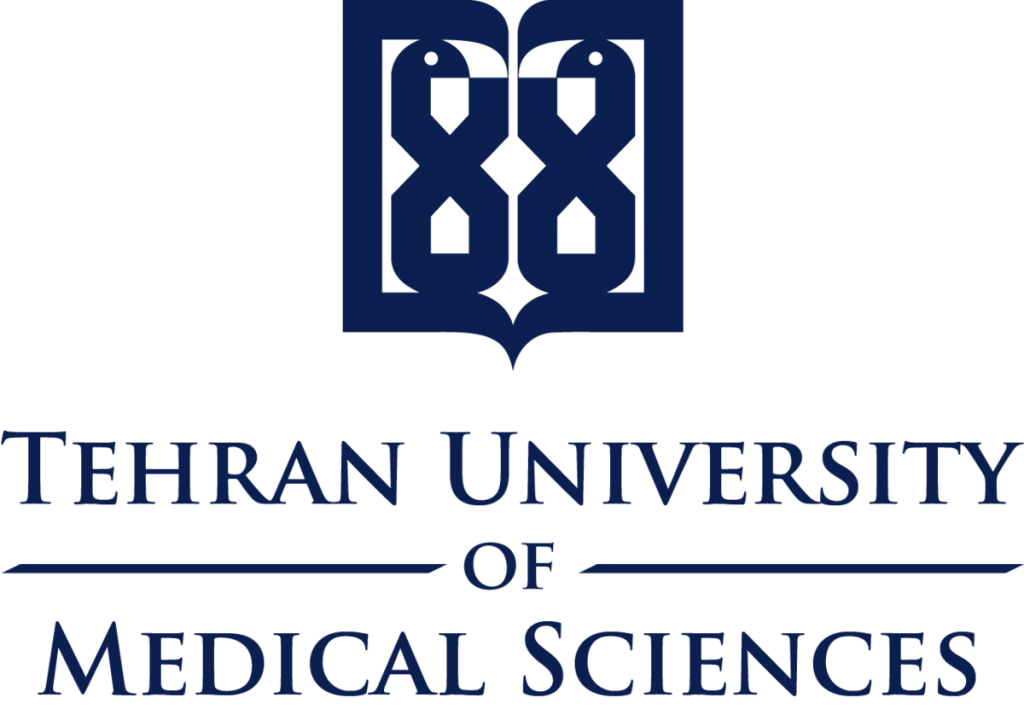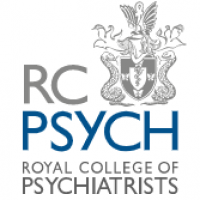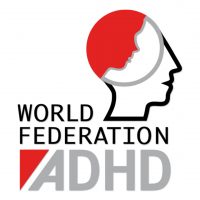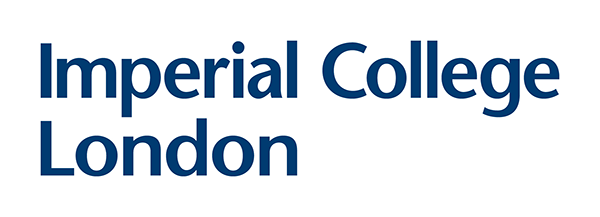Depression Clinic in Belgravia
Patient Focused Quality Care
Dr Behzad Basit can help patients suffering with depression and anxiety. We offer face to face appointments in London and virtual consultations.
Depression is a health problem affecting individuals and societies
Depression is the most prevalent mental illness. According to the World Health Organisation, there are more than 264 million people of all ages who suffer from depression in 2020. Different studies have shown that approximately one in 16 people have a probable risk of suffering a single episode of depression in their lifetime. Depression tends to be recurrent and it is more likely that patients suffer from more than one episode in their lifetime. Approximately one in eight people probably suffer from a moderate form of recurrent depression in their life (one in 14 experience severe recurrent depression). Depression impacts on patients, their immediate circle of friends and family, as well as the society.
Patients with depression can pose an immediate risk to their own lives due to suicide. Suicide is the second highest cause of death amongst 15 – 29 year-olds; and a significant cause of death in adults above the age of 30 years. On the other hand, patients with depression are less motivated to adhere to a healthy lifestyle; e.g. poor diet, lack of exercise, self-medication with drugs and alcohol. Hence affecting their health.
Furthermore, there is a two-way link between depression and chronic physical illnesses. There is a high prevalence of depression in patients with chronic physical illnesses. In return, patients with depression have a lower rate of recovery and a higher risk of dying from physical health problems.
Patients with depression have difficulty in establishing and maintaining interpersonal connections like friendships and relationships. They tend to become isolated and isolation can aggravate the symptoms of depression.
In addition to the cost of treatment and care, depression also affects society through loss of productivity. In 2020, the World Health Organisation identified depression as the leading cause of disability worldwide.
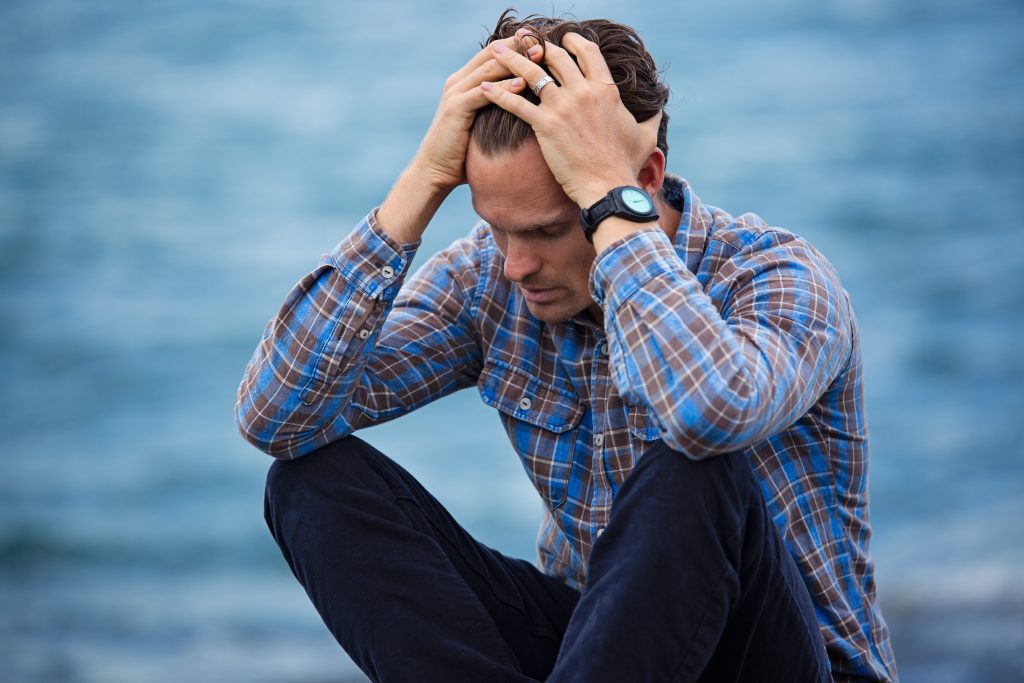
Causes of Depression
Like other mental illnesses, depression is a multi-factorial condition caused by a combination of genetic and environmental factors.
Unlike conditions like cystic fibrosis, there is not a single gene which causes depression. Instead, there are several genes that collectively increase the risk (i.e. the more of genes one has, the higher risk of depression). In the case of depression, hereditability is estimated to be approximately 37%.
Depression is more linked to environmental risk factors. The most significant risk factors in early life are childhood maltreatment (the more prolonged and more frequent the abuse, the higher risk), loss of a parent in childhood; and lack of adequate parental care. Known risk factors in adulthood are unemployment, lower social support, significant trauma (victims of sexual assault), the absence of a partner and lower physical activity.
There is increasing evidence linking chronic inflammation (e.g. juvenile arthritis, obesity, diabetes) to depression and response (or lack of it) to antidepressant medications.

Symptoms
- Low and depressed mood which persists most of the day and occurs most days. Mood tends to change during the day, and it is usually worse in the morning.
- Loss of interest or lack of enjoyment from usual leisure activities.
- Poor sleep; sleep is usually reduced, and patients tend to wake up much earlier than usual. Sleep can sometimes become excessive. Either way, sleep tends to be non-refreshing.
- Appetite can either be reduced, causing weight loss; or it can become erratic with episodes of stress-eating.
- Low energy and a constant feeling of fatigue.
- Poor motivation.
- Reduced libido.
- Poor concentration and difficulty in making decisions.
- Agitation and restlessness; or slowing down in movements, speech and thought process (e. psychomotor retardation). In the more severe forms, movement symptoms are called catatonia; e.g. repetitive movements, body fixed in an abnormal posture, and mutism.
- Negative thinking about self (poor self-esteem, ideas of worthlessness, feeling of guilt), about one’s life (ideas of helplessness) and about future (ideas of hopelessness).
- Suicidal ideas, plans, and intentions; Self-harm/suicidal attempts.
The number of symptoms and severity of each symptom defines the degree of depression (i.e. mild, moderate or severe) and its ultimate management. In addition to the above, patients with severe depression can have psychotic symptoms:
- Auditory hallucination: It is usually in form of second person (i.e. the voice(s) talking directly to the patient), addressing the patient in a derogatory way; e.g. “you are a waste of space”. The voice(s) can also command the patient to do something; e.g. to kill themselves.
- Olfactory hallucination: Patients can sometimes smell unpleasant odors like rotten food, chemicals.
- Delusions: Delusions are fixed and false beliefs which are not in line with the cultural and background of the patient and they cannot be corrected by reasoning or evidence. Delusions commonly seen in psychotic depression are…
Depression Clinic in Belgravia
Treatment, help and support for patients with depression | Private Mental Heath Clinic
Management of Depression
If patients with depression pose an immediate risk to their own health (e.g. not eating or drinking, not taking essential medications, not attending to personal hygiene), risk to their own safety (e.g. suicide) or risk to others (e.g. suicidal attempt by road accident or fire), they should be in a place of safety (psychiatric hospital) and they should be monitored and treated by professionals. Sometimes the risk can be managed while patients stay at home and reviewed frequently by mental health professionals (e.g. Home Treatment Team).
There is no cure for depression; nevertheless, depression in the majority of patients can be well managed with an appropriate approach. The valid approach in the management of depression, and all other mental health problems, is the one known as Bio-Psycho-Social:
Biological: Nearly all patients with depression need some medications during their illness as a single way of management or, more ideally combined with psychological therapies. A very important principle in the treatment of depression is that patients initially do not see much benefit when they start treatment. Antidepressants usually take at least 1-2 weeks before patients see improvement. Furthermore, symptoms of depression respond to medications at different rates. Usually, sleep and appetite are the first symptoms to show some improvement. It would take longer before energy, concentration and motivation return towards normal. The subjective feeling of low mood and cognitive symptoms of depression (i.e. poor self-esteem, hopelessness…) are usually the last symptoms to benefit from treatment. In addition to the main antidepressant treatment, patients may initially need medications like Benzodiazepines (e.g. Diazepam, Lorazepam) to help with poor sleep and agitation and until the antidepressant shows its benefit. Also, patients with psychotic symptoms need to take appropriate antipsychotic medication.
Serotonin Specific Reuptake Inhibitors (e.g. Fluoxetine/Prozac, Sertraline, Citalopram): The first line of treatment for depression. SSRIs are generally well-tolerated, effective and safe in case of overdose (accidental or intentional). They are widely prescribed from children to elderly patients. Their side effects are usually mild and limited to the first few days of treatment and include nausea, poor appetite, restlessness. However, they can have ongoing side effects; e.g. sexual dysfunction. While there can be a risk of increasing suicidal ideas in children and adolescents treated with SSRIs, most studies have ruled out such a side effect in adults.
Mirtazapine, Venlafaxine, and Duloxetine: They are usually considered as the 2nd line of treatment if a patient does respond to an adequate dose of SSRIs and for at least 6-8 weeks. They all have a potent anti-anxiety effect. Mirtazapine is fairly safe in the elderly. Its common side effects are increased sleep and appetite, constipation, nightmares (rare), urinary retention (rare). Venlafaxine and Duloxetine are preferred options for younger patients as they usually do not cause sedation or weight gain. However, Venlafaxine and Duloxetine should be avoided or very closely monitored in patients with heart diseases. Common side effects of Venlafaxine and Duloxetine are nausea, reduced appetite, and insomnia but they are usually temporary and subside. Other side effects are increased blood pressure, palpitation, sexual dysfunction, and ongoing insomnia. In addition, many studies have shown that Duloxetine is in particular effective in depression happening in the context of chronic pain (e.g. severe arthritis, neuralgia…).
Tricyclic Antidepressants (e.g. Amitriptyline) & Monoamine oxidase inhibitors (e.g. phenelzine): These are older generations of antidepressants. They are effective in the management of symptoms in depression. However, they tend to cause more frequent and more severe side effects comparing to the new Antidepressants. More importantly, they are fatal in the case of overdose (accidental or intentional). Hence they are no longer prescribed frequently.
Treatment-resistant depression: A group of patients do not improve after taking a sufficient dose of first and second antidepressants over sufficient periods of treatment. These patients usually require a combination of medications. The commonly used combinations for treatment-resistant depression are a combination of two antidepressants (e.g. Venlafaxine plus Mirtazapine), an antidepressant plus Lithium, and an antidepressant plus an antipsychotic which has antidepressant properties (e.g. Quetiapine, Flupentixol).
Electroconvulsive Therapy (ECT): ECT is one of the oldest treatments in psychiatry which is still in use. It is used for cases of severe depression when: a patient stops eating and drinking, when a patient shows an extreme form of movement symptoms (i.e. Catatonia), when a patient makes repeated and persistent suicidal/self-harm attempts even in hospital (e.g. constantly banging their head to the wall) or when a patient does not show any response to medications. Before treatment, patients should have some blood tests, an Electrocardiogram (ECG) and physical examination to ensure it is safe for them to have general anaesthesia. For the treatment, patients undergo a short period of general anaesthesia induced by an anaesthetist doctor and a theatre nurse. Patients also receive a muscle relaxant medication in order to reduce body movements during ECT. Then a brief electric current is applied on the side of the head (Temporal Area) which induces a seizure lasting for a couple of minutes. Throughout the process and during recovery from general anaesthesia, patients are constantly monitored by the anaesthetist doctor and theatre nurse. Patients usually have ECT twice a week and for a total of 6-12 sessions. If applied for the right group of patients, ECT is a very effective treatment (twice as effective as most antidepressants) and patients usually show some improvement as early as the second week of treatment. Side effects of ECT are headache after recovery, difficulty remembering events around the time of treatment. Despite all negative false beliefs around ECT, it is a safe treatment. ECT does not erase the memory and it does not cause dementia.
Psychological: Patients with depression benefit from having psychological therapy (Talking Therapy) in addition to medications. Research has shown that a combination of medications with therapy provides patients with a better outcome rather than medications used alone. Most patients respond to counseling or Cognitive Behavioural Therapy (CBT). Patients with a history of significant trauma (abuse or neglect) would benefit from medium to long-term forms of therapy; e.g. Cognitive Analytic Therapy (CAT), Gestalt Therapy, Systemic Therapy.
Social: Depression harms patients in their personal life (friendships, relationships) as well as professional life (unemployment, losing skills). Patients would not obtain full recovery without addressing social factors. It is crucial that patients with depression are supported with regards to basic needs (housing, income support) as well as support with return/restart working. It is equally important that patients recovering from depression are supported to regain their self-esteem and to re-establish contact with others (attending groups).
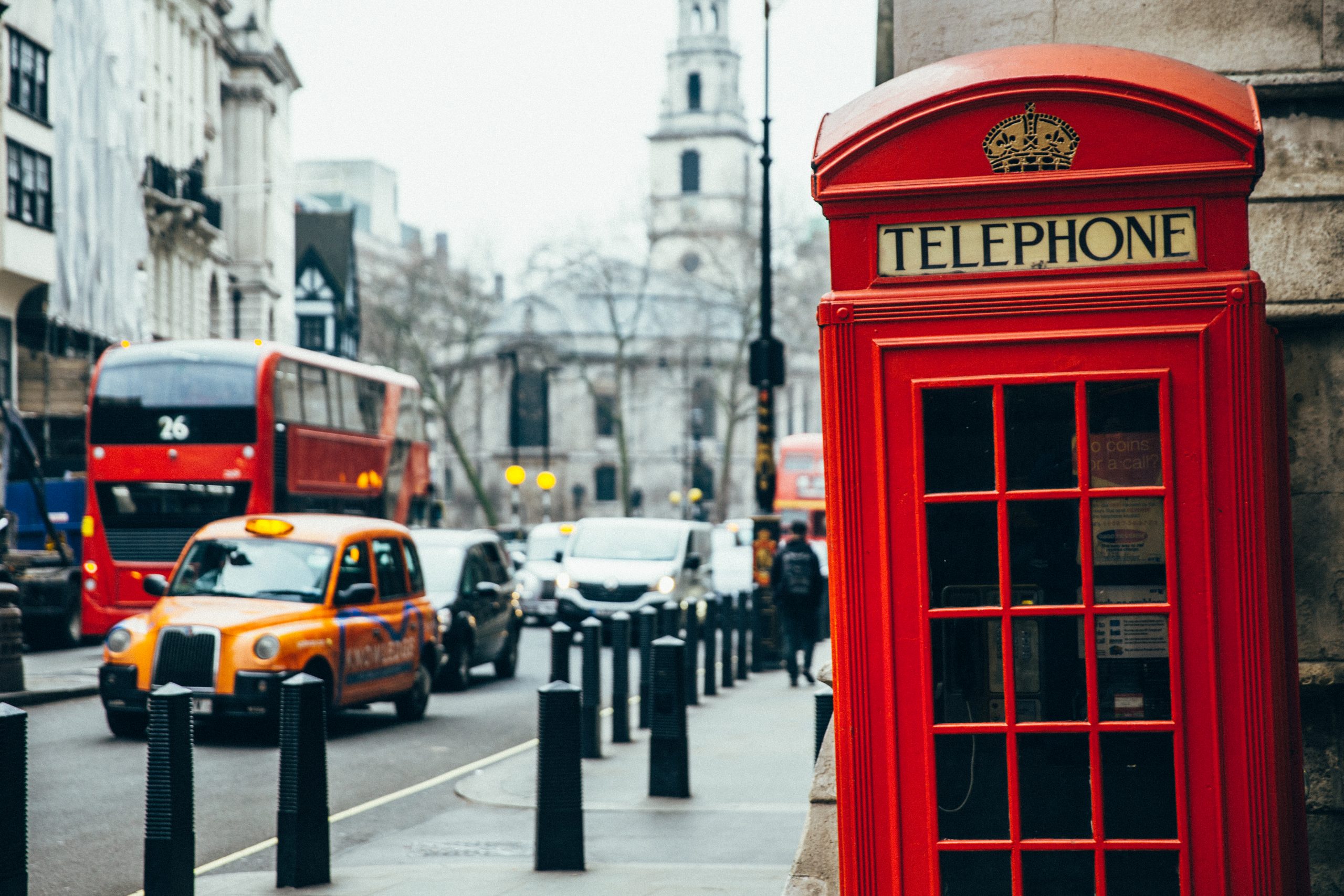
Belgravia Depression Clinic
Face to face appointments at our medical clinic can be booked by visiting our contact page here. Dr Basit also offers virtual appointments.
Yes, Dr Basit has admission privilege with Nightingale Hospital. During office hours, admissions are through his secretary or directly contacting Patient Services (Nightingale switchboard). If someone needs to be admitted under his care out of hours (in particular known patients), they can contact Nurse Coordinator via switchboard.
Yes, BUPA, AXA, Aviva, Vitality, Cigna, Healix.
Nightingale Hospital 11-19 Lisson Grove, Marylebone, London NW1 6SH
Virtual Appointments are available with Dr Basit

